Picture a serene day on the water, the sun dancing on the ripples, and the gentle hum of the boat’s engine in the background. Boating can be an idyllic way to spend a day, but when accidents strike, the tranquility can quickly turn into chaos.
Boating accidents happen often and can result in severe injuries, property damage, and emotional trauma. In these moments of distress, having an experienced personal injury attorney by your side can make all the difference. In this blog post, we’ll explore the complexities of boating accidents and why hiring a personal injury attorney is essential to safeguarding your rights and ensuring fair compensation.
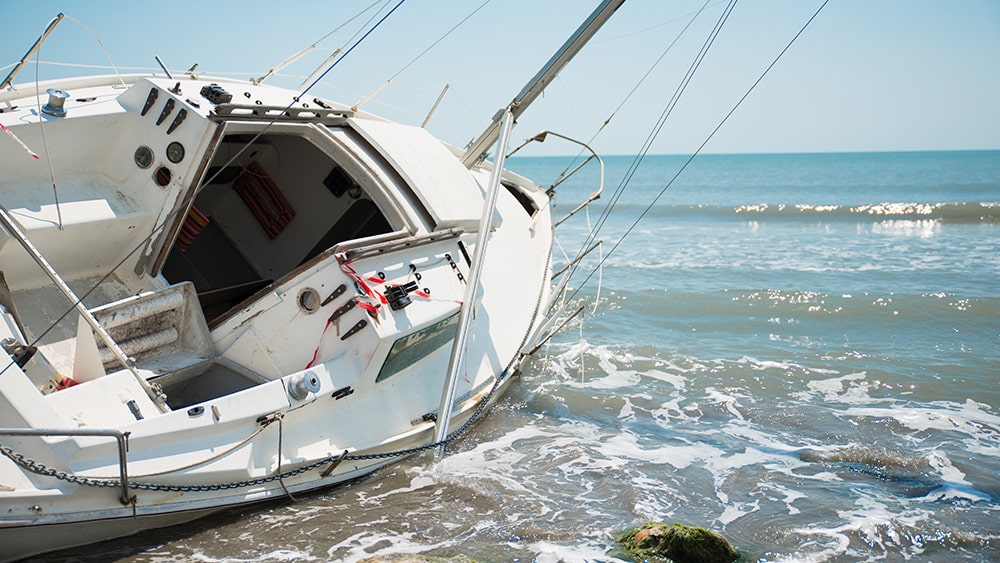
The Nature of Boating Accidents
Boating accidents can occur for various reasons, such as operator negligence, speeding, intoxication, or equipment malfunction. These accidents can involve not only other boats but also swimmers, divers, or even jet skiers. The nature of watercraft accidents often leads to severe injuries, including broken bones, head injuries, spinal cord damage, or drowning, and the aftermath can be overwhelming.
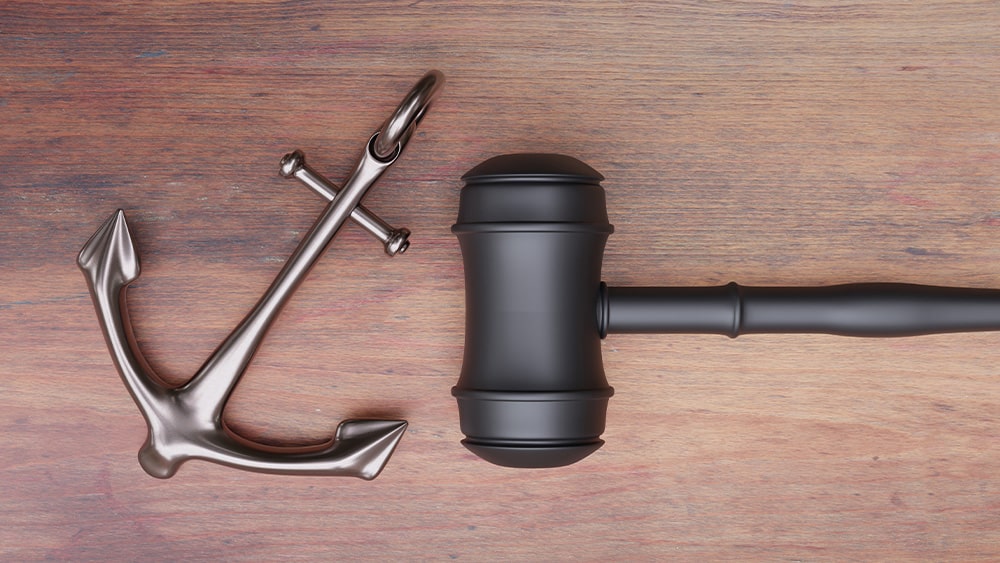
Legal Complexities
Navigating the legal waters following a boating accident can be incredibly complex. Maritime laws, Georgia state regulations, and federal guidelines make the process challenging for those unfamiliar with boating accident negligence laws. Understanding liability, gathering evidence, dealing with insurance companies, and negotiating settlements require expertise and experience in personal injury law.
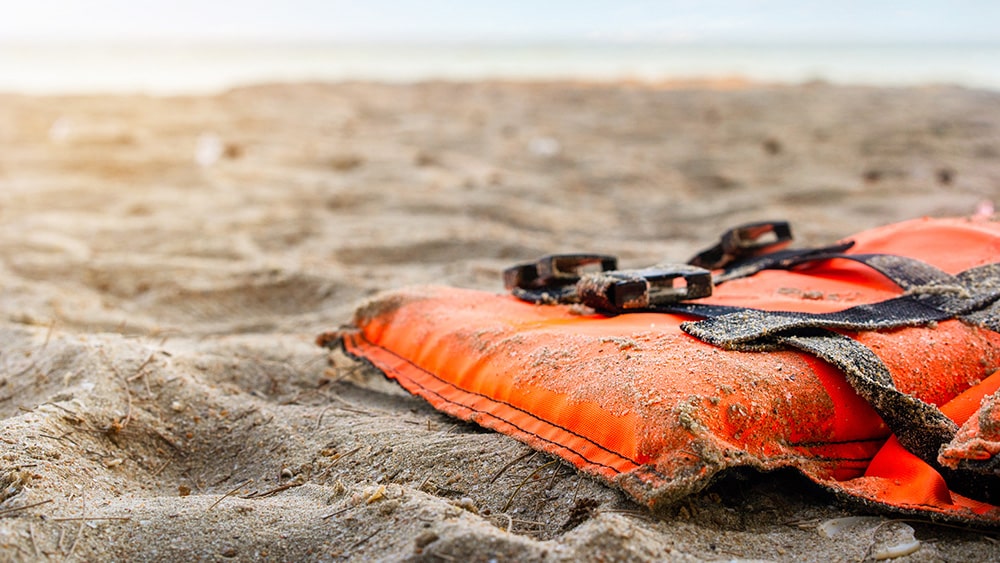
Why You Need the Personal Injury Attorneys – Akin & Tate
1. Expertise in Maritime Law: Our team of personal injury attorneys specializes in maritime law. We understand the specific regulations governing boating accidents. We can interpret the laws applicable to your case and build a strong legal strategy tailored to your situation.
2. Thorough Investigation: We have the resources and expertise to conduct a comprehensive investigation. We can gather evidence, interview witnesses, and reconstruct the accident, ensuring no crucial detail is overlooked. This diligence is vital in establishing liability and proving negligence.
3. Dealing with Insurance Companies: Insurance companies may attempt to minimize payouts or deny claims altogether. Akin & Tate’s skilled personal injury attorneys know how to communicate with these companies, advocating for your rights and ensuring you receive the compensation you deserve.
4. Legal Representation in Court: If negotiations fail and your case goes to court, having a personal injury attorney by your side is invaluable. We can present a compelling case on your behalf, utilizing our extensive courtroom experience to fight for your rights and secure a favorable outcome.
5. Maximizing Compensation: Our experienced team of attorneys is adept at assessing the full extent of your damages, including medical expenses, lost wages, pain and suffering, and future rehabilitation costs. We work tirelessly to maximize your compensation, ensuring you have the financial means to recover and move forward with your life.
6. Peace of Mind: Dealing with the aftermath of a boating accident is incredibly stressful. By entrusting your case to the experienced personal injury attorneys at Akin & Tate, you can focus on your recovery and well-being while knowing that the legal professionals on our team are fighting for your rights.
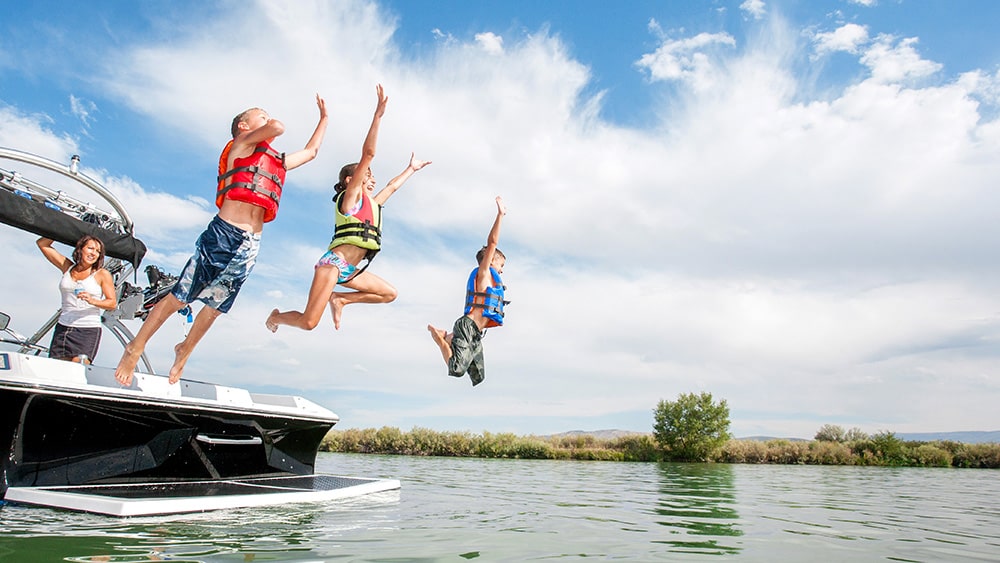
Conclusion
Many lakes dot the map throughout Georgia, including Weiss Lake, Connor Lake, and Gene Tilley Lake, near Cartersville. Boating accidents can shatter lives, leaving victims and their families grappling with physical, emotional, and financial challenges.
It could be a boating, jet ski, or sailing accident. In these trying times, having a dedicated personal injury attorney on your side can provide the support and legal expertise needed to navigate the complexities of the legal system. By entrusting your case to a knowledgeable attorney, you are not only safeguarding your rights but also taking a significant step toward rebuilding your life after a devastating boating accident. Remember, you don’t have to face this journey alone—reach out to a reliable personal injury attorney and let them guide you toward justice and the compensation you deserve.
Akin & Tate – top trial lawyers in Georgia.
The goal is to settle a case that provides you with the maximum compensation you deserve for your circumstances. Should the case proceed to a trial, Akin & Tate’s attorneys are recognized as some of Georgia’s top trial lawyers.
Lester Tate served as the 48th president of the State Bar Association of Georgia. He has spent his entire career as a courtroom lawyer, having tried over 100 civil and criminal cases to verdict and appeared over 30 times in state and federal appellate courts.
What’s your case worth? Find out today!
If you’ve been hurt in a boating accident, call Akin & Tate, Georgia’s personal injury attorney team. We’ll help gather the necessary evidence and ensure you file your case on time, adhering to the unique maritime laws of Georgia.
Akin & Tate is one of the oldest law firms in the country. For over 185 years, we have assisted Georgia plaintiffs through the complex legal process of boating accidents, personal injury, car accidents, wrongful death, and criminal defense.
In the aftermath of a personal injury, navigating the legal and insurance landscape can be a daunting task. Many individuals find themselves grappling with insurance companies, trying to secure a fair settlement for their injuries and losses. In this blog post, we will explore the intricate process of negotiating settlements with insurance companies and shed light on the crucial role the team of Akin & Tate plays in achieving a just resolution.
According to a recent study conducted by Nolo.com, “Legal representation also made a big difference in the amount of personal injury payouts. Readers who hired a lawyer walked away with an average of $77,600 in compensation, compared to an average of $17,600 for those who represented themselves.”
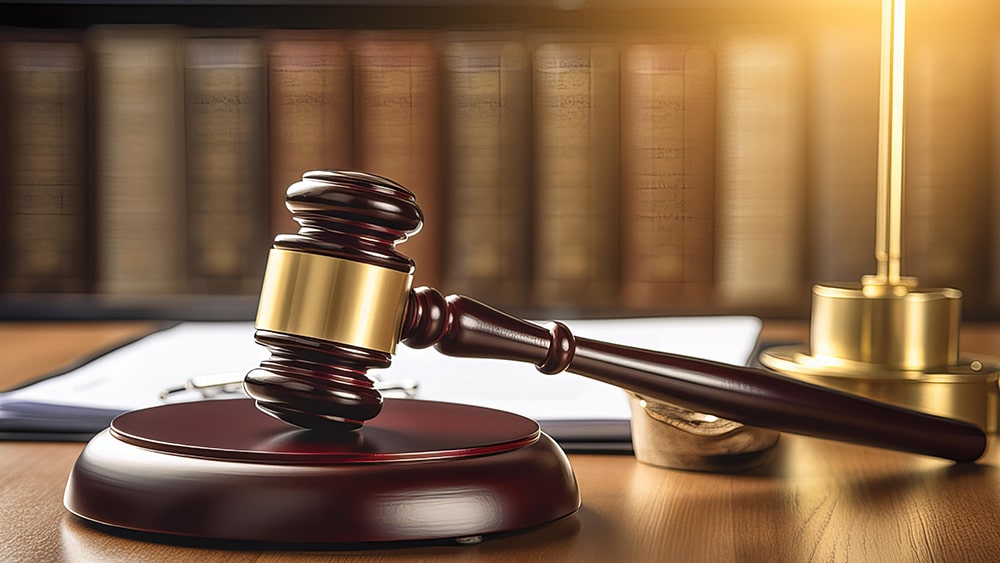
Understanding the Settlement Process
“Insurance companies, while designed to provide financial protection, often employ complex strategies to minimize payouts.”
Insurance companies, while designed to provide financial protection, often employ complex strategies to minimize payouts. It’s essential for individuals to comprehend the settlement process and the factors that influence negotiations:
- Assessment of Damages: Before entering negotiations, a thorough evaluation of the damages is crucial. This includes medical expenses, lost wages, property damage, pain and suffering, and any long-term impacts on the individual’s life.
- Documentation: A meticulous collection of evidence is key to building a strong case. Medical records, police reports, witness statements, and any other relevant documentation should be organized and presented effectively.
- Determining Liability: Establishing fault is a critical factor. Insurance companies may attempt to shift blame or downplay their policyholder’s responsibility. A skilled personal attorney from Akin & Tate will work to establish liability and hold the responsible party accountable.
- Understanding Policy Limits: Insurance policies have limits on the amount they will pay for a claim. Knowing these limits is crucial for negotiating a fair settlement that covers all incurred damages.
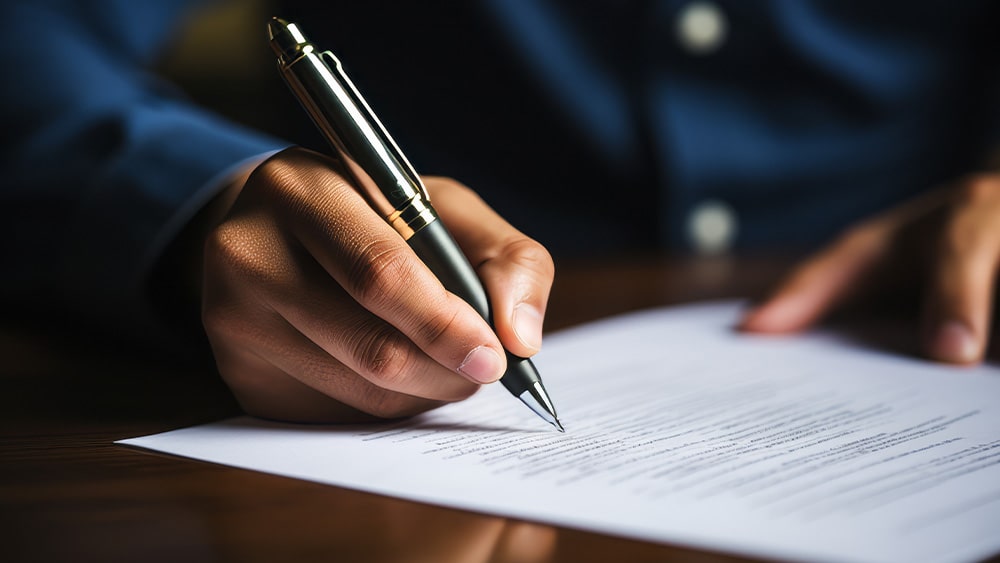
The Role of the Akin & Tate Team
Engaging the services of personal injury attorneys of Akin & Tate is a wise decision for anyone navigating the complexities of negotiating with insurance companies. Here’s why:
- Legal Expertise: The Akin & Tate team specializes in this area of law and possesses a deep understanding of the legal intricacies involved. Our expertise ensures that no detail is overlooked and that clients receive fair compensation.
- Negotiation Skills: Our team of attorneys are adept negotiators. They can engage with insurance companies on behalf of their clients, advocating for the highest possible settlement.
- Case Valuation: Accurately assessing the value of a case is a skill that comes with experience. Our experienced attorneys leverage their knowledge to determine a fair settlement amount based on the specific details of the case.
- Legal Pressure: Insurance companies are more likely to take negotiations seriously when faced with a credible legal threat. Attorneys can initiate legal proceedings if necessary, putting pressure on insurers to negotiate in good faith.

You have questions? We have answers.
Negotiating settlements with insurance companies is a nuanced process that requires a strategic approach and a deep understanding of the law. For individuals seeking fair compensation for their injuries, enlisting the services of the Akin & Tate Team is an invaluable step towards achieving a just resolution. By leveraging our legal expertise and negotiation skills, we can help level the playing field, ensuring that you receive the compensation you deserve. Contact us for a no-obligation review of your case: 770-382-0780
Bicycling is an enjoyable and eco-friendly mode of transportation, promoting a healthy lifestyle and reducing our carbon footprint. However, even the most careful cyclists can find themselves victims of accidents, often due to the negligence of others. When the unexpected happens, it’s crucial to understand your rights and know when to seek the guidance of the personal injury attorneys of Akin & Tate. In this blog post, we’ll explore the key factors to consider and when it’s the right time to contact us after a bicycle accident.

1. Immediate Medical Attention
Your health and well-being should always be the top priority. If you’ve been involved in a bicycle accident, seek medical attention immediately, even if your injuries seem minor at first. Some injuries may not manifest symptoms right away, and a thorough medical examination can uncover hidden issues. Additionally, having a documented medical record will strengthen your case when pursuing a personal injury claim.

2. Gathering Evidence
In the aftermath of a bicycle accident, gathering evidence is crucial. This includes obtaining the contact information of the parties involved and eyewitness accounts and taking photographs of the accident scene, damaged property, and any visible injuries. The more evidence you can collect, the stronger your case will be.

3. Determining Liability
Establishing liability is a critical aspect of any personal injury claim. If the accident occurred due to the negligence of another party, such as a distracted driver, poorly maintained road, or defective bicycle equipment, you may be entitled to compensation. The experienced personal injury attorneys of Akin & Tate can help assess the circumstances surrounding your accident and determine liability.

4. Insurance Matters
Dealing with insurance companies can be complex and challenging, especially when trying to recover fair compensation for your injuries and damages. The Akin & Tate personal injury team can navigate the intricacies of insurance claims for you, negotiate with insurance adjusters, and ensure you receive the compensation you deserve.

5. Statute of Limitations
Time is of the essence when it comes to personal injury claims. The state of Georgia has a statute of limitations, a legal time limit within which you must file a claim. Contacting Akin & Tate promptly ensures that you don’t miss the deadline and helps initiate the legal process in a timely manner.

6. Losses and Damages
Calculating the full extent of your losses and damages requires a comprehensive understanding of personal injury law. The team of Akin & Tate has extensive experience and can assess medical bills, property damage, lost wages, and potential future expenses, ensuring that all relevant factors are considered when seeking compensation.
In the aftermath of a bicycle accident, it’s essential to prioritize your health, gather evidence, and understand your rights. Contacting the personal injury lawyers at Akin & Tate for a free, no-obligation consultation of your case as soon as possible can make a significant difference in the outcome of your case. By seeking legal guidance early on, you empower yourself to navigate the complexities of the legal system, protect your rights, and work towards a fair and just resolution for your bicycle accident claim.
“Over 130,000 bicyclists are injured in crashes that occur in the United States every year.”
Centers for Disease Control and Prevention
After being injured on someone else’s property, premises liability victims often face a challenging and unfamiliar situation. The premise liability attorneys of Akin & Tate have handled numerous property owner negligence cases throughout Georgia. They want you to know that victims make these mistakes, and some are the biggest.

1. Failing to Seek Immediate Medical Attention
Many victims underestimate the severity of their injuries or try to tough it out. This delay can worsen their condition and their legal claim.
2. Not Documenting the Scene
Failing to take pictures or gather evidence at the accident scene can hinder their ability to prove liability. Photographs, witness statements, and incident reports can be crucial.

3. Not Reporting the Incident
Victims may hesitate to report the incident to the property owner or manager. It’s important to inform them promptly and request an incident report.
4. Neglecting to Get Contact Information
If there were witnesses to the accident, failing to collect their contact information could make it difficult to locate them later for testimony.

5. Speaking with Insurance Adjusters without Legal Counsel
Insurance companies often aim to settle claims quickly and for the lowest amount possible. Victims may inadvertently say something that weakens their claim when speaking to an adjuster without an attorney’s guidance. You don’t need to go it alone – contact us today for a free case review.
6. Ignoring Medical Advice
If a healthcare professional recommends treatment, ignoring their advice or prematurely discontinuing treatment can undermine both recovery and the legal case.

7. Discussing the Incident on Social Media
Posting about the accident or injuries on social media can be used against the victim. Insurance companies and opposing attorneys may use these posts to dispute claims.
8. Not Seeking Legal Counsel
Failing to consult with an experienced premises liability attorney is a significant mistake. A lawyer can help victims understand their rights, assess the strength of their case, and negotiate with insurance companies or file a premises lawsuit when necessary. Contact us today for a free case evaluation.

9. Delaying Legal Action
The statute of limitations for premises liability cases varies by jurisdiction. Waiting too long to take legal action can result in losing the right to seek compensation.
10. Settling Too Quickly
Victims may be tempted to accept an initial settlement offer from an insurance company without fully understanding the extent of their injuries or the potential long-term consequences, which can lead to inadequate compensation. Consulting with an attorney can help ensure you receive the fair compensation you deserve for your injuries

11. Exaggerating or Minimizing Injuries
Being dishonest about your injuries can harm credibility. Be truthful about your condition and consult with medical professionals to determine the full extent of your injuries.
12. Not Keeping Records
Failing to keep detailed records of medical bills, expenses related to the injury, and any correspondence with the other party can hinder your ability to recover damages.

13. Ignoring the Statute of Limitations
Georgia’s statute of limitations sets a deadline for filing a premises liability claim. Failing to file within this timeframe can result in losing your right to compensation.
14. Not Understanding Your Rights
Premises liability laws can be complex. Not taking the time to understand your rights and the potential legal avenues can be detrimental.
Remember that every premises liability case is unique, and the best course of action may vary depending on the circumstances. Consulting with a qualified attorney specializing in personal injury law is often the first and most important step to avoid these mistakes and pursue a successful claim.
If you sustain an injury from an accident, call Akin & Tate, a renowned personal injury firm in Georgia, to ensure you file promptly. Bear in mind time is crucial in seeking justice and obtaining compensation for your injuries.
Akin & Tate is among the longest-standing law firms in the nation. It was established in 1836 by Warren Akin, a previous Georgia Speaker of the House. For over 185 years, they have aided Georgia plaintiffs during their most challenging times. Drawing from our vast experience, we are singularly equipped to guide you through complex legal matters pertaining to premises liability, personal injury, auto accidents, wrongful death, medical errors, work injuries, defective products, and criminal defense.
Brain trauma is among the most devastating and life-altering injuries one can endure; whether resulting from a car crash, slip-and-fall, workplace mishap, or any other unfortunate incident, a brain injury can have far-reaching consequences that affect every aspect of a person’s life. In such trying times, it’s crucial to understand your legal rights and options. In this blog, we’ll explore the world of brain injuries and how the Metro Atlanta area law firm of Akin & Tate can provide the guidance and support you need to seek justice and the maximum brain damage compensation.

Understanding Brain Injuries
Before diving into the legal aspects, it’s essential to grasp the different types of brain injuries and their potential consequences. Brain injuries generally fall into two categories:
1. Traumatic Brain Injuries (TBIs):
These result from external forces applied to the head, causing damage to the brain. Common causes include car accidents, falls, and sports-related incidents. TBIs can range from mild concussions to severe, life-altering injuries.
2. Non-Traumatic Brain Injuries:
These injuries are typically caused by internal factors like strokes, tumors, or infections. While not always the result of accidents, they can also have significant legal implications, especially if misdiagnosed or medical malpractice is involved.
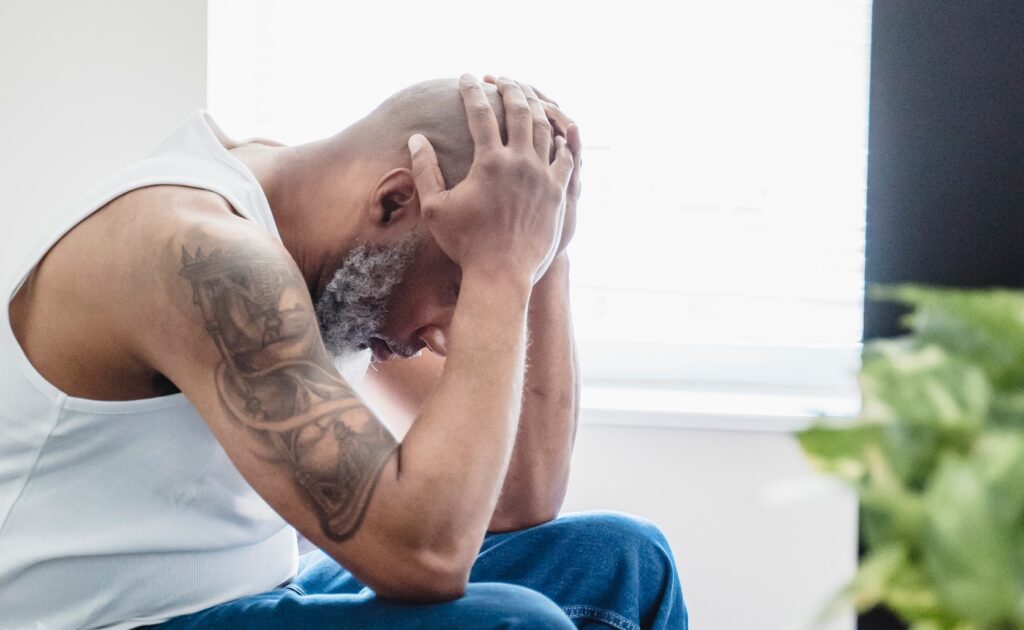
Legal Recourse for Brain Injuries
When someone suffers a brain injury due to another party’s negligence or intentional actions, they may be entitled to compensation. Here are some key legal concepts to consider:
1. Negligence:
To pursue a personal injury claim, you must establish that the responsible party (defendant) acted negligently. This means showing that they owed you a duty of care, breached that duty, and directly caused your brain injury.
2. Types of Compensation:
A successful brain injury claim can lead to compensation for medical expenses, lost wages, pain and suffering, rehabilitation costs, and more. The specific damages you can recover will depend on the circumstances of your case.
3. Statute of Limitations (SOL):
Each state has a statute of limitations that dictates the time frame for filing a personal injury lawsuit. It’s crucial to consult with an attorney promptly to ensure you don’t miss this deadline. If your claim is not timely filed before the SOL expires, it is forever barred.
4. Contributory or Comparative Negligence:
Some states follow contributory or comparative negligence laws, which can affect your ability to recover damages. It’s essential to understand how these laws may apply to your case.
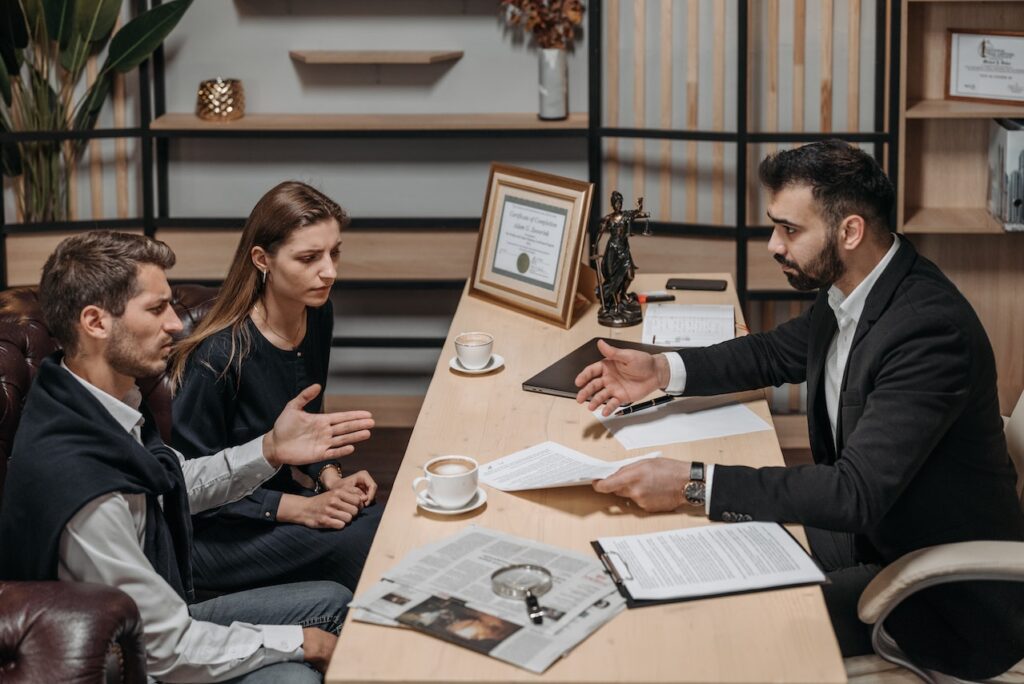
Why You Need a Personal Injury Lawyer
Navigating the legal complexities of a brain injury case can be overwhelming, especially when you are already dealing with the physical and emotional toll of the injury. Here’s how the brain injury lawyers of Akin & Tate can assist you:
1. Legal Expertise:
Experienced attorneys understand the nuances of personal injury law and can assess the strength of your case. They’ll work to build a robust argument in your favor.
2. Investigation:
Lawyers can conduct a thorough investigation to gather evidence, interview witnesses, and consult with experts to establish liability and quantify damages.
3. Negotiation:
Your attorney will negotiate with the defendant’s attorneys and the insurance companies. A skilled attorney is well-versed in these negotiations and will fight to secure the maximum compensation you deserve.
4. Protecting Your Rights:
Insurance companies may attempt to pressure you into accepting a low-ball settlement. Don’t do it! Contact the professionals at Akin & Tate for a free case review to weigh your options.
Akin & Tate is one of the oldest law firms in the country. Warren Akin, a former Georgia Speaker of the House, founded Akin & Tate in 1836. The law firm has been assisting Georgia plaintiffs for over 187 years. We offer legal support for cases involving personal injury, car accidents, truck accidents, wrongful death, workers’ compensation, product liability, and criminal defense.
Accidents can happen to anyone at any time, and when they do, they often result in unexpected physical, emotional, and financial challenges. In many cases, personal injuries occur due to the negligence or recklessness of others. If you’ve found yourself in such a situation, you might wonder about your options for seeking compensation and justice. This is where a personal injury claim comes into play. In this blog, we’ll demystify the personal injury claim process, helping you understand the critical steps involved and what to expect.
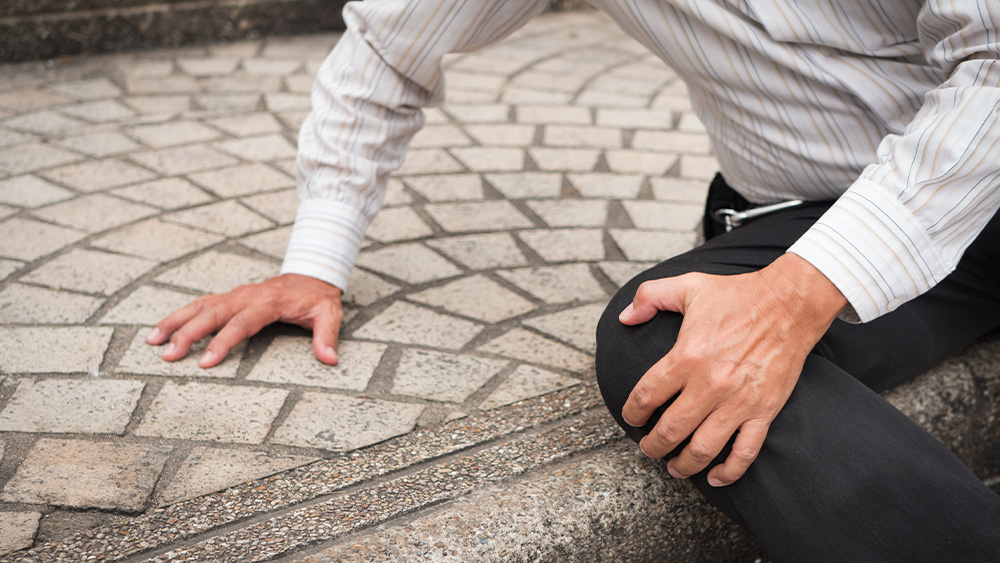
1. Understanding Personal Injury Claims
A personal injury claim is a legal process through which an injured individual seeks compensation (usually in the form of monetary damages) from the party responsible for their injuries. These injuries can be due to different events, for example, car crashes, slips and falls, medical negligence, truck accidents, or motorcycle accidents.
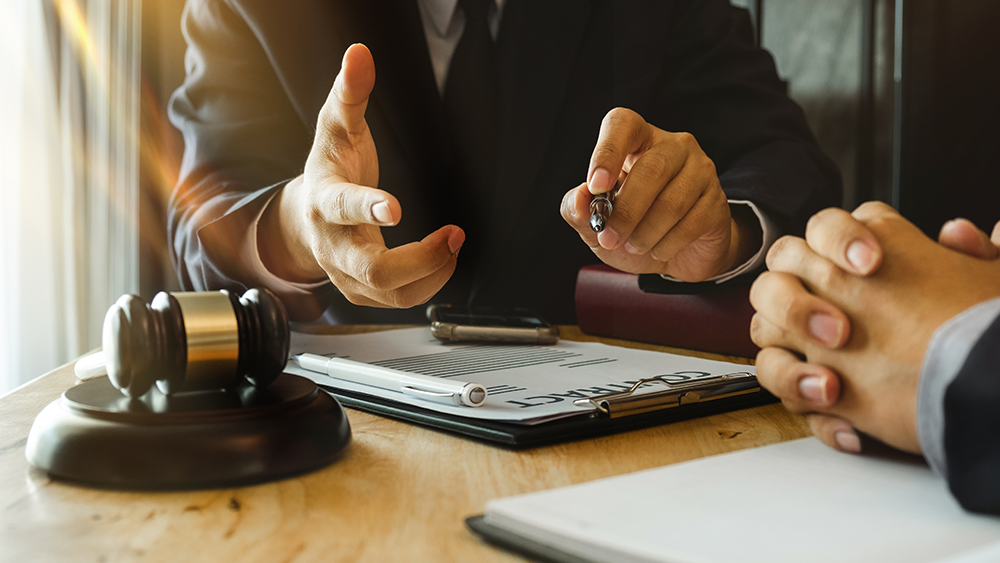
2. Consultation with an Attorney
The first step in pursuing a personal injury claim is consulting with an experienced personal injury attorney. During this initial consultation, the attorney will assess the merits of your case, considering factors such as liability (who is at fault) and the extent of your injuries. They will also advise you on the potential compensation you might be entitled to.
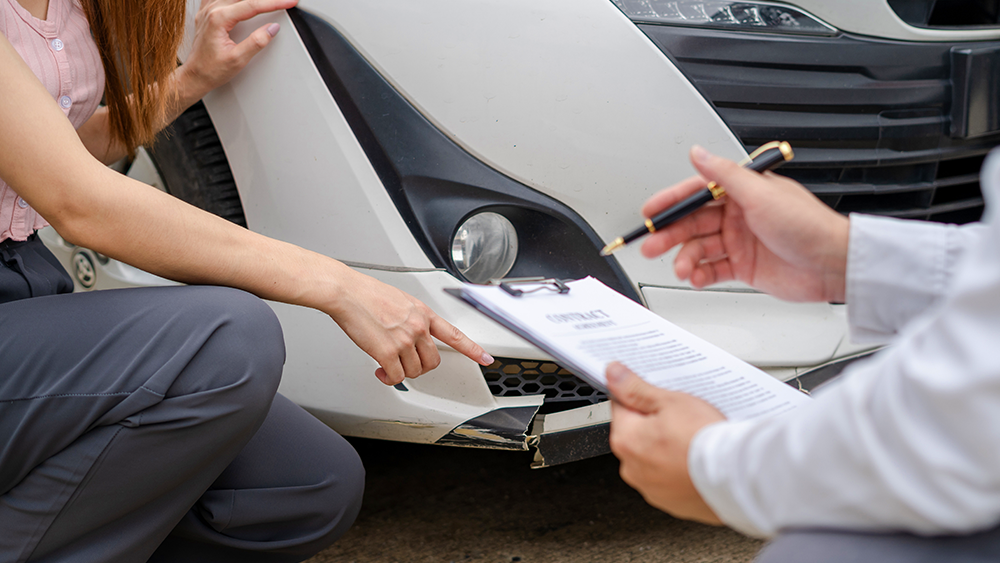
3. Gathering Evidence
To build a strong case, your attorney will need evidence to support your claim. This may include medical records, accident reports, photographs of the accident scene, witness statements, and any relevant documentation that can help establish liability and the extent of your injuries.
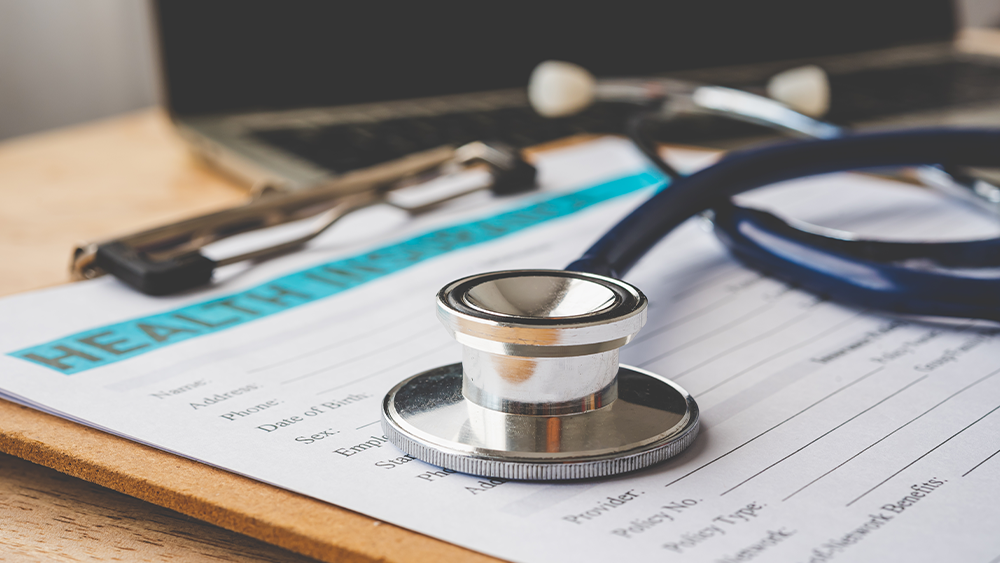
4. Medical Evaluation
Obtaining proper medical care is crucial not only for your recovery but also for your claim. Medical professionals will evaluate your injuries, create a treatment plan, and provide:
- Documentation that outlines the extent of your injuries.
- The required medical interventions.
- Any potential long-term effects.
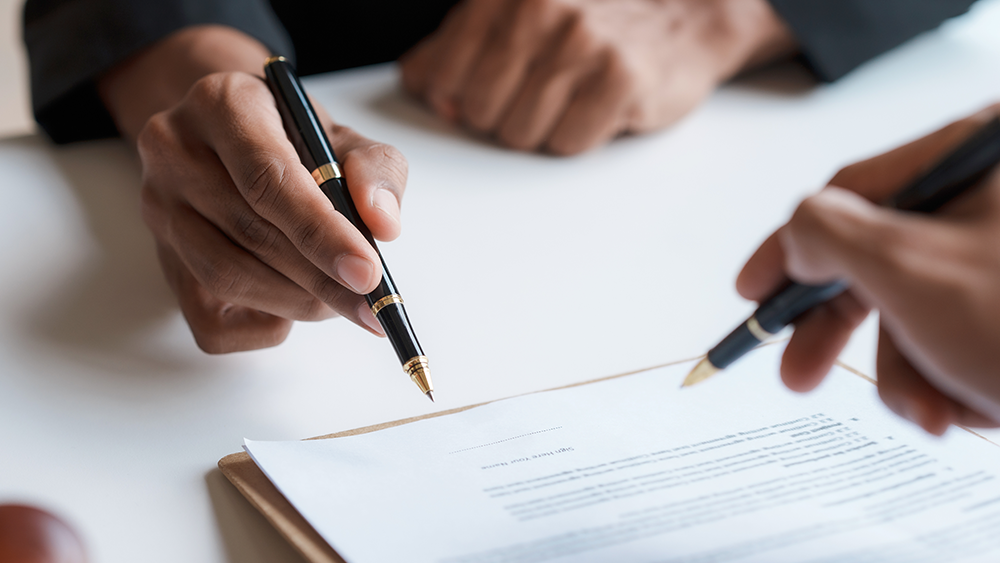
5. Negotiations and Demand Letter
Once you’ve reached a stable point in your recovery or have recovered as much as possible, your attorney will draft a demand letter. This letter outlines your injuries, medical expenses, lost wages, and any other damages you’ve incurred. It serves as the basis for negotiations with the opposing party’s insurance company.
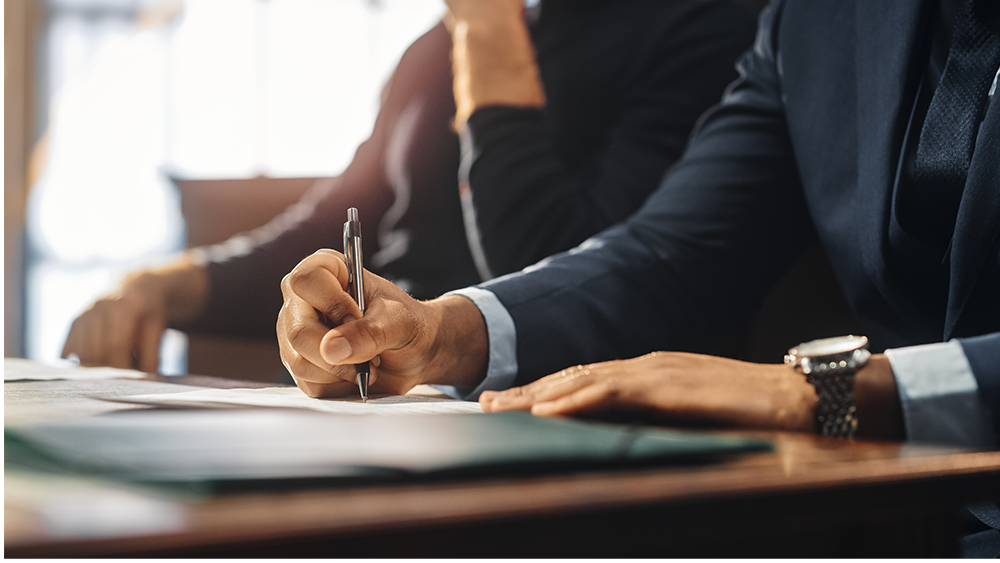
6. Filing a Lawsuit
If negotiations fail to yield a satisfactory settlement, your attorney may advise filing a lawsuit. This initiates the formal legal process and involves:
- Drafting and filing legal documents.
- Presenting evidence.
- Arguing your case in court.
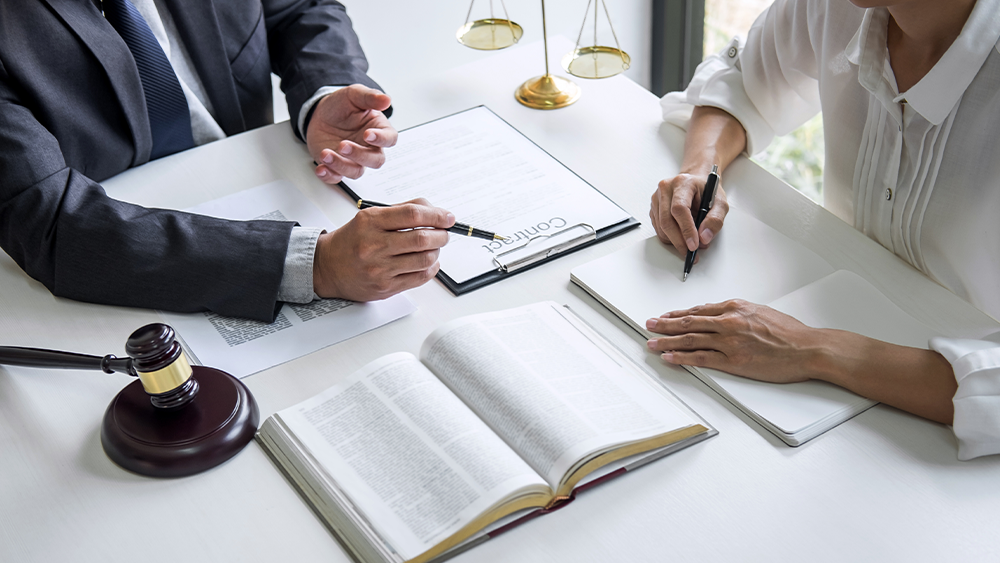
7. Discovery and Pre-trial Proceedings
During the lawsuit process, both sides engage in “discovery,” where they exchange information, documents, and evidence related to the case. This phase allows both parties to gather information to strengthen their arguments. Pre-trial proceedings may also involve mediation or settlement conferences to encourage a resolution before trial.
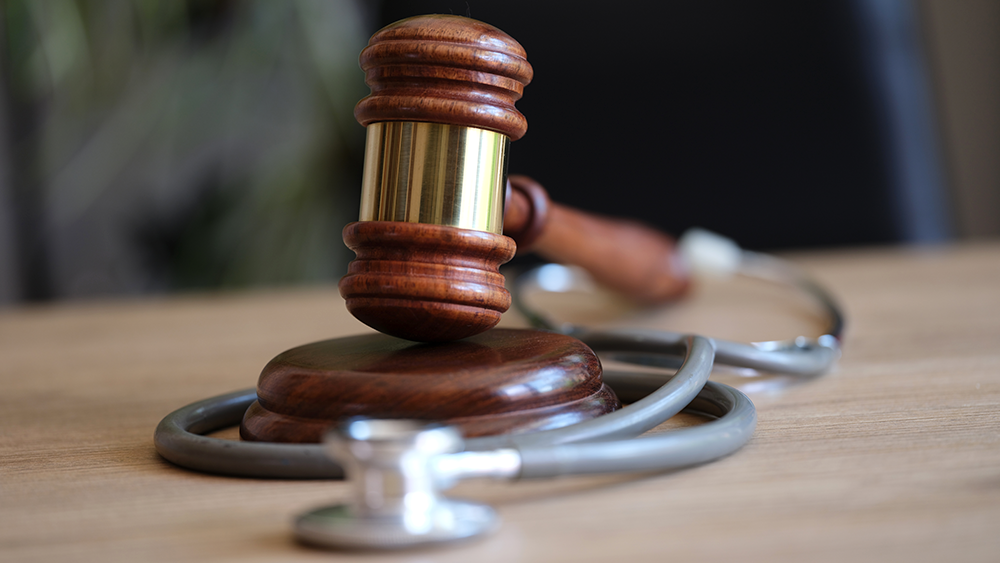
8. Trial and Resolution
If the case goes to trial, each side presents its case before a judge and jury. The judge oversees the legal proceedings, and the jury decides the outcome based on the presented evidence. If the jury finds in your favor, they determine the compensation you’re entitled to receive.
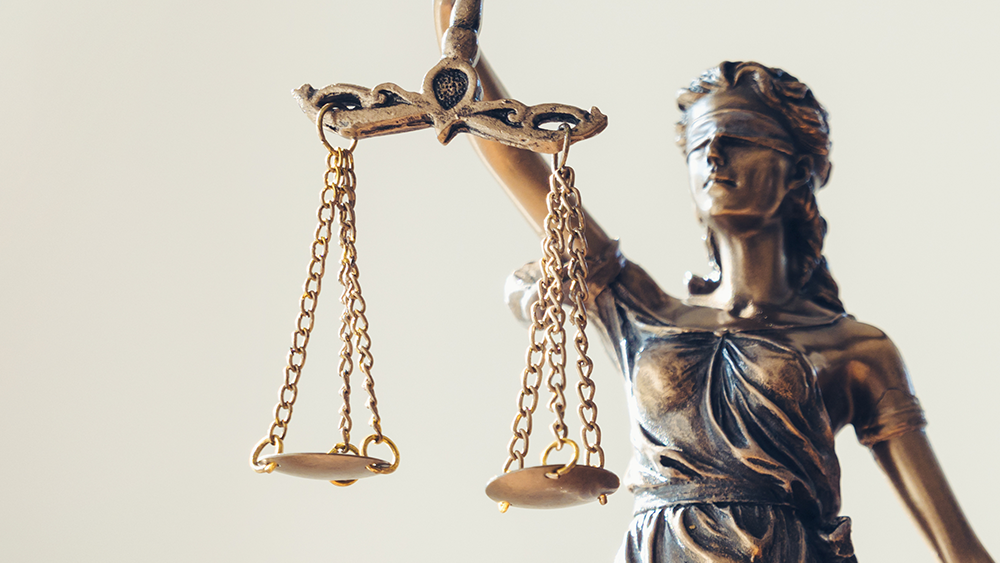
9. Post-Trial Options
Depending on the outcome, either party may have the option to appeal the decision. Appeals can lead to a higher court reviewing the case for legal errors or procedural mistakes.
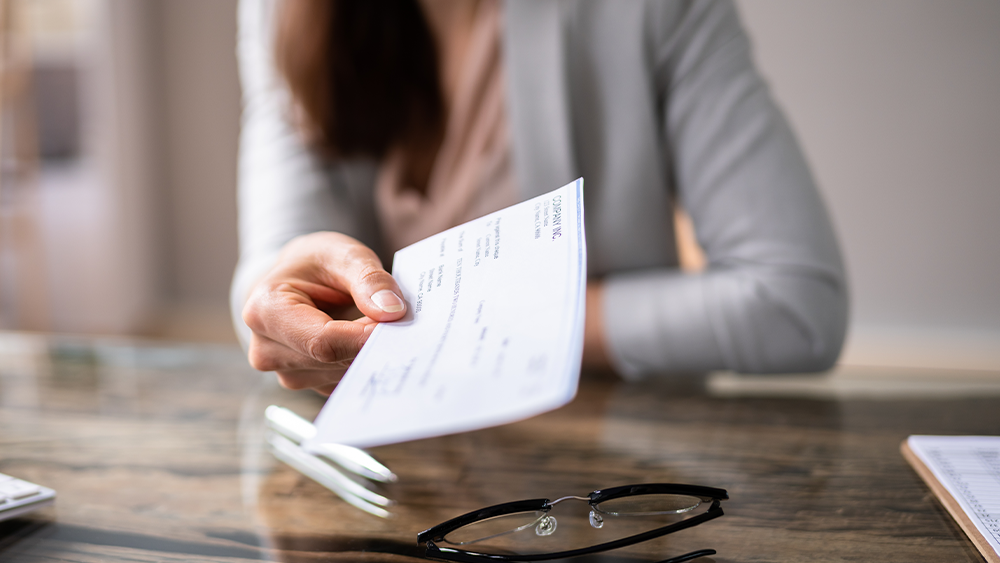
10. Compensation and Closure
If your claim succeeds, you’ll receive compensation for medical expenses, lost wages, pain and suffering, and other damages. This compensation aims to help you recover physically and financially from the aftermath of the accident, providing a sense of closure to the ordeal.
In conclusion, a personal injury claim involves a series of structured steps to seek seeking compensation for injuries caused by someone else’s negligence. The process can be complex, requiring legal expertise and a thorough understanding of the legal system. If you find yourself in this situation, seeking professional legal counsel is highly recommended to navigate the intricacies of the process and maximize your chances of a favorable outcome. Remember, understanding the steps involved in a personal injury claim can help you make informed decisions and protect your rights.

Akin & Tate – Georgia Personal Injury Attorneys
Akin & Tate is one of the oldest law firms in the country. For over 185 years, we have assisted Georgia plaintiffs during their most critical times. We help with legal issues like personal injury, car accidents, wrongful death, medical mistakes, work injuries, faulty products, and criminal defense. We have the expertise, experience, and resources to guide victims through the legal process for a motorcycle injury claim.
Call today for a FREE – NO OBLIGATION Case Review.
When it comes to personal injury cases, timing is crucial. The law recognizes that evidence can deteriorate, memories can fade, and witnesses may become unavailable over time. The statute of limitations was introduced to address these concerns and ensure fairness in legal proceedings.
The statute of limitations is a legal time limit within which a person must file a lawsuit for a personal injury claim. In Georgia, there are different time limits for suing in civil cases. If a lawsuit is not filed within the allotted time frame, the individual may be barred from filing the suit at all.
If you or a loved one suffered injuries in an accident, you may have the right to receive compensation. Speak to the experienced personal injury team at Akin & Tate about the statute of limitations in your case.
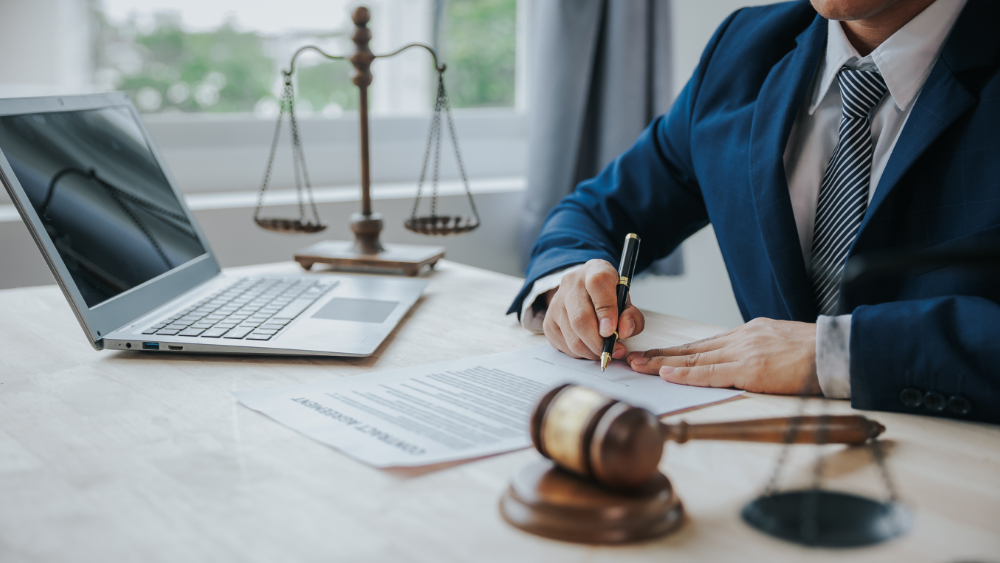
What is the Statute of Limitations?
The statute of limitations is a law that sets the maximum time a legal action can be initiated after a specific event, such as an accident or injury. The duration of the statute of limitations varies depending on the jurisdiction and the type of case. This rule ensures we solve legal problems quickly, preserve evidence, and treat everyone fairly.

Preserving Evidence
Timely initiation of a personal injury case is crucial for preserving evidence. Physical evidence, such as damaged property or medical records, may deteriorate over time or become misplaced. Witness statements can also lose their accuracy as memories fade. Filing a lawsuit within the statute of limitations increases the chances of obtaining and preserving crucial evidence and strengthens the overall credibility and strength of the case.
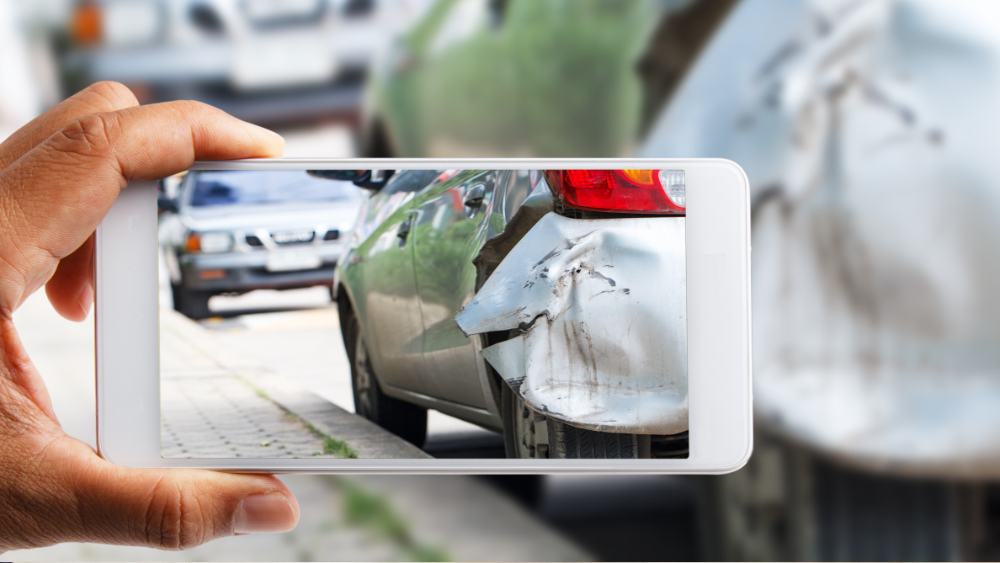
Protection for Defendants
The statute of limitations also serves as a protection for defendants. It gives them peace of mind, knowing they will not face legal action indefinitely. Allowing a case to be filed after a substantial period of time could be unfair to defendants who may no longer have access to evidence, witnesses, or documents crucial to their defense. By establishing a time limit, defendants are given the opportunity to move forward without the looming threat of a lawsuit indefinitely hanging over them.

Encouraging Timely Resolutions
The statute of limitations encourages timely resolutions by imposing a time limit on filing personal injury claims. It pushes individuals to take legal action promptly, promoting efficiency in the legal system. Timely resolutions benefit both plaintiffs and defendants by providing closure and allowing them to move forward with their lives. It also avoids the backlog of cases that could occur without time restrictions, ensuring that the justice system functions smoothly.
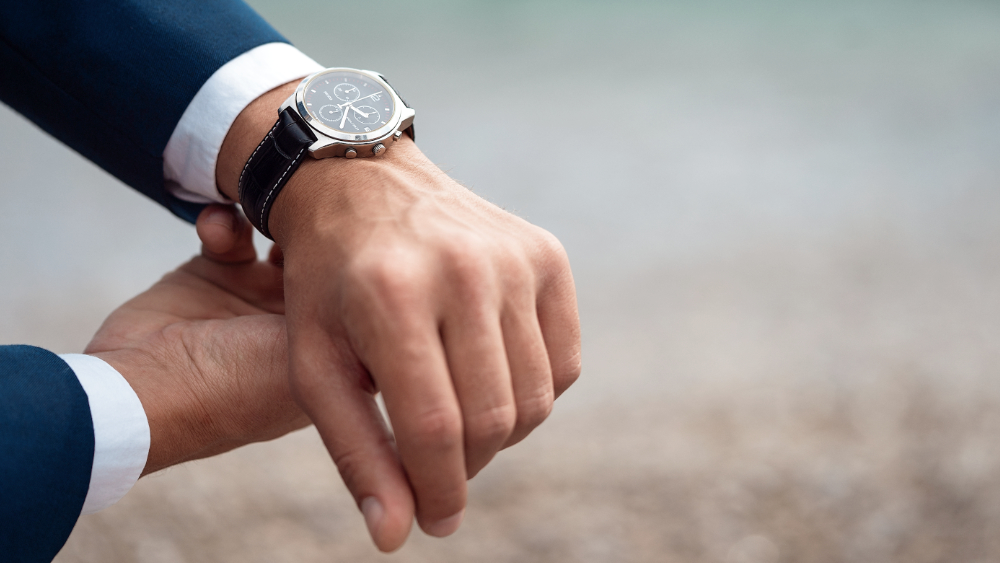
Exceptions and Variations
It is essential to note that there are exceptions and variations to the statute of limitations depending on the jurisdiction and the case’s specific circumstances. Some jurisdictions may have different statutes of limitations for various personal injury claims.
Additionally, events, such as the discovery of an injury or the age of the plaintiff at the time of the incident, may alter the time limit. It is crucial for individuals involved in personal injury cases to consult with an attorney to understand the specific laws and limitations that apply to their situation.

Don’t Wait – Find Out the Statute of Limitations On Your Claim
Knowing the time limit for filing a lawsuit is important in personal injury cases. Timing is key. Adhering to the statute of limitations ensures the preservation of evidence, protects defendants from indefinite legal action, and encourages timely resolutions.
If you have been hurt in an accident, call Akin & Tate, Georgia’s personal injury firm, to ensure you file your claim on time. Remember, time is of the essence in pursuing justice and seeking compensation for your injuries.
Akin & Tate is one of the oldest law firms in the country. Warren Akin, a former Georgia Speaker of the House, founded Akin & Tate in 1836. For over 185 years, they have assisted Georgia plaintiffs during their most critical times. We help with legal issues like personal injury, car accidents, wrongful death, medical mistakes, work injuries, faulty products, and criminal defense.
If you or a loved one has sustained an injury due to the carelessness of another person, you may be able to recover compensation for the damages you have incurred. Personal injury law, also known as “tort” law, allows a person to file a civil lawsuit in court when a dispute arises due to someone being harmed in an accident or in a specific event that another person may be legally responsible for causing. The term personal injury relates to an injury to the body, mind, or emotions, as opposed to damage to property.
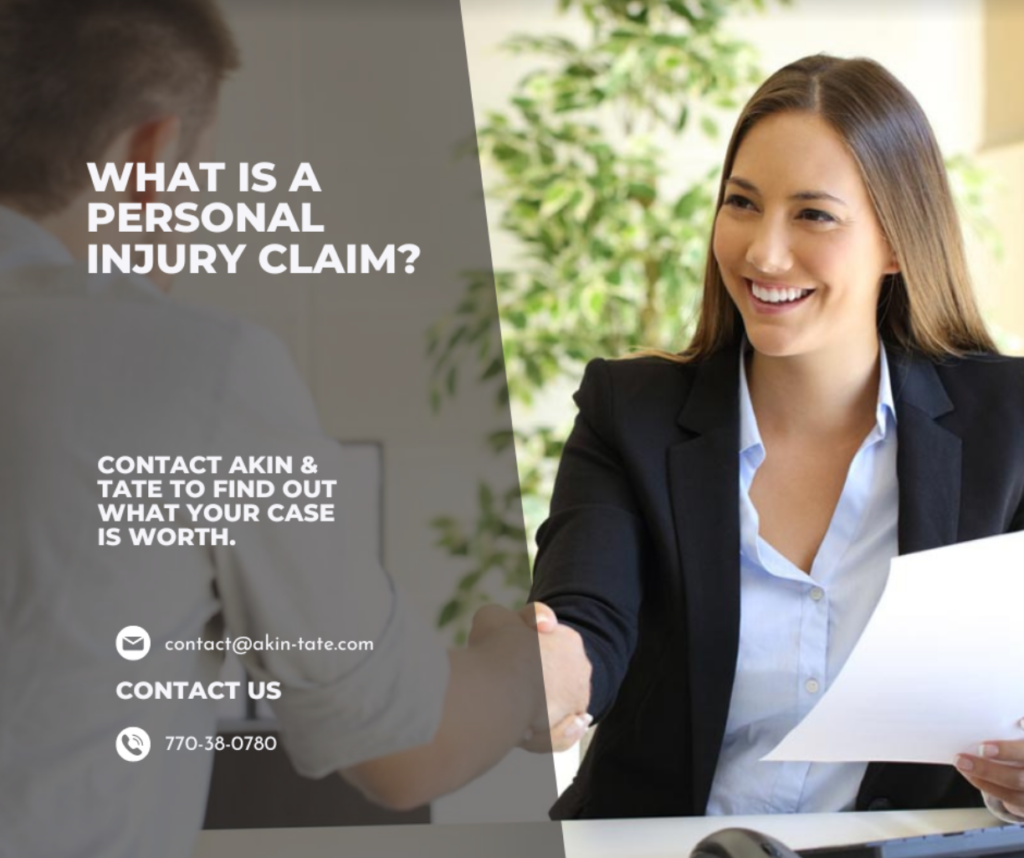
The purpose of the personal injury system is to assist an injured person in being compensated financially to become whole and fully recovered after suffering harm from someone else’s negligent or intentional conduct. Akin & Tate will represent you in a civil court proceeding that seeks to find the parties involved legally at fault through a court judgment, or more often, the dispute will be settled before any lawsuit action is required.
Some examples of personal injury claims are:
- Car Accident Claims
- Truck Accident Claims
- Motorcycle and Bicycle Claims
- Pedestrian Road Accident Claims
- Slip and Fall Claims
- Dog Bite Claims
- Wrongful Death Claims
- Defective Product Claims
- Medical Malpractice
Let us help you answer the question: “Was the defendant liable for the accident?”
Before you are entitled to damages, you have the burden of proving that the defendant is legally liable for the damages you describe. This question can be challenging to answer without the help of experienced personal injury lawyers. Our team of lawyers has extensive experience determining whether you should pursue a case.
Contact us for a free, no-obligation case review.
We will review the details of your case with you, consider the evidence, and help determine whether liability can be established on the defendant’s part.
You may be entitled to financial recovery for the following:
- Property Damage
- Medical Expenses
- Emotional Distress
- Lost Wages
- Disability
- Pain and Suffering
- Other Damages
How much is your case worth?
There are many factors to consider when calculating damages to determine what may be possible to recover through compensation claims. Some key factors include:
- The type of injury?
- Who is responsible?
- Is an insurance company involved, or is the defendant paying?
Contact us immediately to discuss your case.
The insurance companies have teams of professional adjusters working against you immediately after your accident. They are assigned to your case to ensure the payouts are as low as possible and just enough to avoid a lawsuit. They have the incentive to convince you to accept the lowest settlement possible. Settlements are often accepted by victims, unaware that additional options are available.
That’s why you must contact us as soon as possible. We know how insurance companies work and how to negotiate the best possible settlement for your case. This is accomplished by working with the legal team at Akin & Tate. We will work with you to ensure you have the strongest case based on the evidence and facts. It is critical to know what to do immediately after your accident, and it is equally important to know what not to do so that your case is not ruined before it starts.
Remember to retain all your records regarding property damage estimates or repair costs, medical bills, and records, employment documents that show average earnings, and the time lost due to the accident. Any evidence from doctors and medical personnel involved in the incident should be retained and provided to us for review. Akin & Tate’s team of professionals knows personal injury law and how to pursue the maximum compensation you deserve aggressively – let us help you.
Popular wisdom says that a dog’s bark is often worse than its bite. Except when it’s not. According to the American Veterinary Medical Association, more than 4.5 million people are bitten by dogs each year in the United States, and more than 800,000 of those people are forced to seek medical attention. But just because something is common, doesn’t mean it’s justified. If you or a loved one has suffered a dog bite, here’s what you need to know before contacting Akin & Tate, the best personal injury attorney near you, for help today.
Why do dogs bite?
Dogs can bite for many reasons, but most often, they are reactionary. If a dog is in a stressful situation, it could bite to defend itself or its territory. It is also possible that the dog might be feeling unwell. They may be sick due to injury or illness and might want to be left alone. While these may seem like obvious aggressive warning signs, dogs also might nip and bite during play. Even though the animal may be having fun, playtime can be dangerous for people. It’s usually a good idea to avoid playing too rough with a dog, especially someone else’s, as these types of activities can make your four-legged playmate overly excited and may lead to a nip or a bite.
Who is most at risk?
Unfortunately, children are the most common victims of dog bites and can be severely injured because of one. Keep a close eye on kids while they play with or around dogs as it’s not uncommon for them to accidentally be rough with animals without understanding the implications of their actions.
Because many animals react to sudden stimulation and loud noise, teach your children to avoid eye contact and fast movement around an especially aggressive or defensive dog. While the dog may just move on if you’re motionless, if you’re knocked down by the animal, experts recommend curling into a ball and using your hands to protect your ears and neck to avoid maximum injury.
What should I do if I’m bitten?
Getting medical treatment as soon as possible after your dog bite is crucial to making sure you properly heal. Otherwise, your injuries could worsen, creating additional problems.
Documentation is also crucially important to protect yourself after the fact. Regardless of the severity of your injuries, make sure you take pictures of your wounds and the scene to prove the extent of the injuries. Calling the police can also be important, as it creates a record of the incident. The police will generate a report, and while they may not assign blame to the dog’s owner, they will take statements from you and any witnesses, which can help during an eventual dog bite lawsuit or claim.
Taking these steps will help a Georgia injury lawyer get you the dog bite compensation you deserve to make a full recovery. When you’re injured by a dog, you want to get better as soon as possible, and you shouldn’t have to pay for any of your recovery expenses, including lost wages, emotional distress, and medical bills, not to mention pain and suffering.
Take steps to protect yourself. Don’t let the insurance companies intimidate you into a lower settlement. Get an experienced Atlanta dog bite attorney near you to defend your innocence. Contact Akin & Tate for an immediate consultation.
SOURCE:https://www.avma.org/resources-tools/pet-owners/dog-bite-prevention
Personal injuries can happen any time of year; however, certain accidents become significantly more common in the summer months. As the weather heats up and people ditch their (probably light) coats for their (definitely heavy) boats, it’s important to remember how to keep you and your family safe. With that in mind, we’ve assembled some summer injuries for you to look out for this season.
Fire-related Injuries
Summer and fire are as natural a pair as…well…summer and water, but we’ll get to that soon enough. In the meantime, barbeque artists, beware: Grill-related injuries occur most often during May, June, July, and August, according to the National Fire Protection Association. These can be a fault of the person behind the grill or even the grill itself if it’s a defective product. The same can be said of fireworks, which injure about 15,000 people a year, according to the Consumer Public Safety Commission. Generally most of the fireworks used are legal, but especially if they aren’t, whomever is responsible for your injuries could be held legally and financially liable.
Water-Related Injuries
No one loves their pools like we do in the South. But in addition to all the fun and relaxation that water provides comes the risk of accidental drowning, slip and fall injuries, boating accidents, and more. According to the U.S. Consumer Safety Administration, around 400 deaths per year are due to drowning in a pool or spa. Because half of all drowning deaths in young children happen in private residences, homeowners must be extremely careful to secure their pool area, preventing these senseless deaths as well as any trespassers who may abuse your property or become injured on it.
Properly securing and maintaining a property can also do wonders to avert any nasty poolside falls. While such accidents may seem blameless, many injuries like these can be a result of legally provable negligence.
Boats are another area that can prove problematic this time of year. Many boating accidents occur because the driver may be distracted, underage, or intoxicated, resulting in crashes into other boats or even other people. Like with pools, proper maintenance, safety equipment, and adherence to the rules of the water will help avoid any such accidents.
Car Accidents
Everyone knows that a car can easily turn into an oven if it’s parked in the sun long enough, but that’s not the only reason to be cautious in your vehicle this time of year. Road work generally increases in the summer months, underneath tires that are deteriorating faster in the heat. Both can lead to unexpected accidents. Perhaps most inconveniently, traffic is also usually heavier. With the general inclination to head outside in the warmer weather, not to mention college and high school kids alike out of school and on the roads, there’s a higher risk of collisions, regardless of your age. Drunk driving accidents can also increase during the summer months, especially around the fourth of July. Take it from us: don’t let your guard down – Buckle up, be safe, and drive defensively.
But what if it happens to me?
The only thing you want more than a good tan is a safe summer. But unfortunately, accidents happen. And while most of them are innocent, they’re not all so black and white. If you get hurt because of someone else’s negligence or are accused and need protection, contact the personal injury attorneys at Akin & Tate Law for a free case evaluation today.
Summertime accident? Call Atlanta’s personal injury attorneys – Akin & Tate: 770-382-0780
SOURCES:
https://www.cpsc.gov/safety-education/neighborhood-safety-network/toolkits/drowning-prevention
https://www.nfpa.org/Public-Education/Fire-causes-and-risks/Seasonal-fire-causes/Grilling